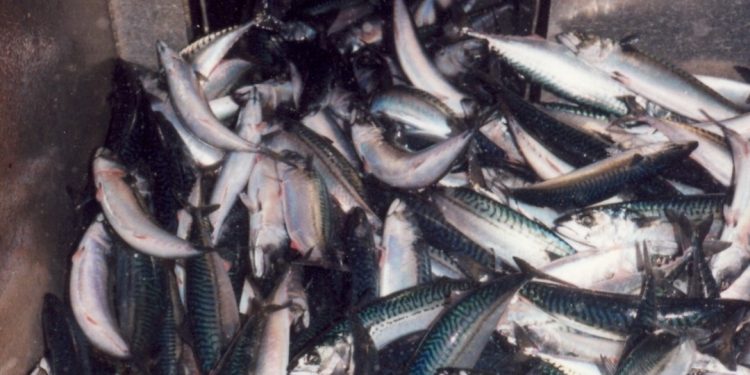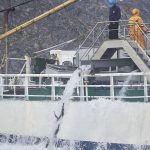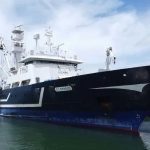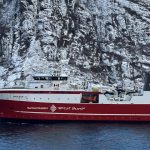A landmark meeting of NAPA partners earlier this month brought together catching sector representatives and Coastal States’ negotiators, at which NAPA sought to reinforce its message that there is no space for ambiguity when it comes to the sustainable management and certification of pelagic fisheries.
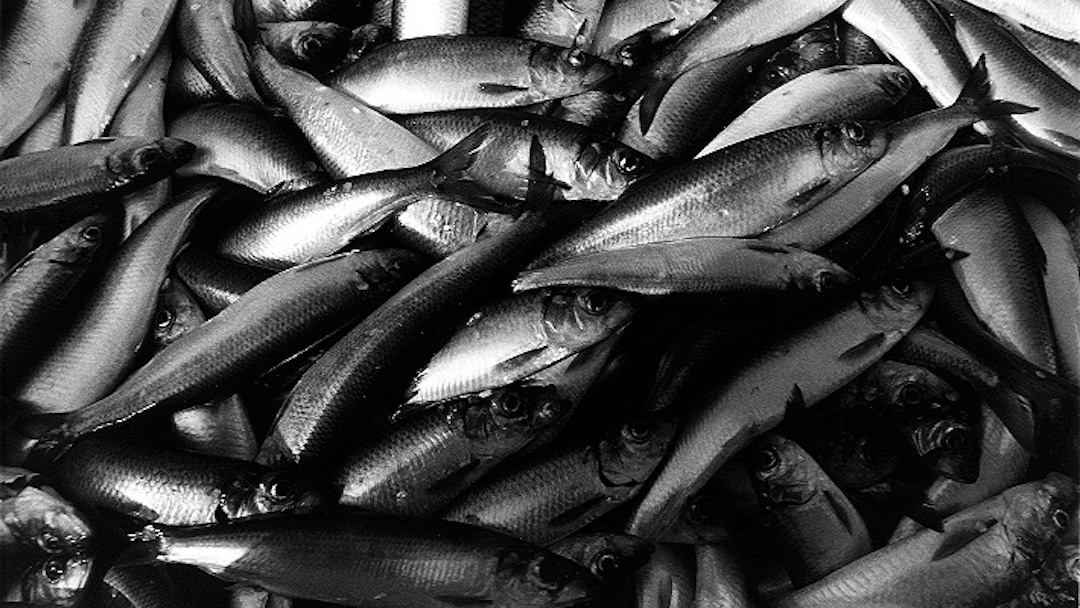
‘While we have consistently made our position plain, political stalemate continues to threaten sustainable, long-term management of pelagics – and therefore makes certification impossible at this time,’ a NAPA representative stated.
Three North-East Atlantic pelagic species – mackerel, blue whiting and Atlanto-Scandian herring – were all stripped some years ago of their MSC certification, due to the failure to meet criteria of the certification process. The reason is the lack of a comprehensive, science-based sharing agreement, which NAPA considers means that the governance of these fisheries creates material risk to their long-term sustainability.
‘This is a barrier that simply can’t be overcome by any actors other than the Coastal States themselves. There is no remedy to this, other than unanimous political agreement,’ NAPA’s representative commented, adding that there is good reason for concern as it remains clear that all three are subject to over-exploitation
According to NAPA, the root cause is Coastal States’ inability to come to a comprehensive sharing agreement between parties – effectively ignoring the scientific advice that they all claim to endorse.
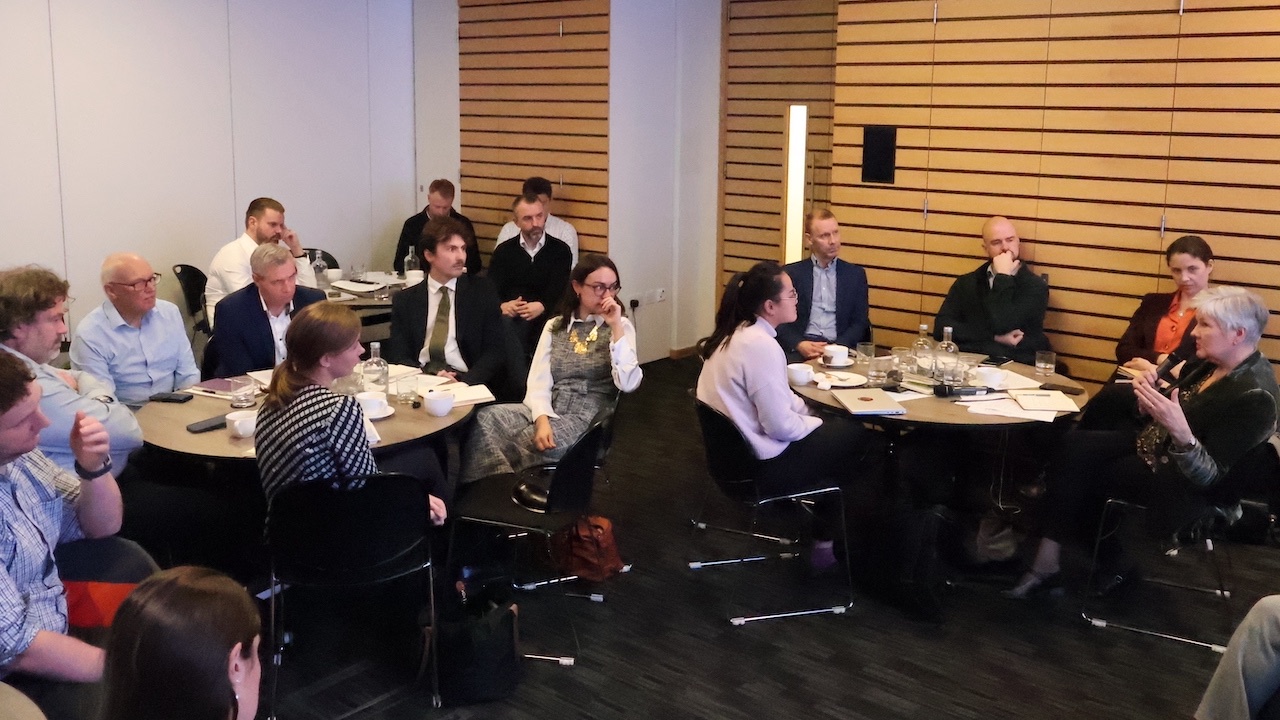
‘We remain concerned that the finer details of stock health may well be a distraction from the big picture. It’s easy to point to the current ‘boom’ in blue whiting (which history tells us will become a bust soon enough), or a strong incoming year-class in herring, and feel reassured that the consequences of political inaction on pelagics can be postponed. They can’t,’ NAPA states.
‘We want to be completely clear. The supply chain will reconsider sourcing products from fisheries if they do not have a robust and credible management regime in place that is capable of delivering stock sustainability. At the moment, all three stocks are within NAPA Fishery Improvement Projects (FIPs) – a vehicle designed to give the market a voice and drive political agreement; offering Coastal States a chance to avoid the cliff-edge of purchasing decisions that is looming. While both FIPs have been extended up to 2026, there is no further extension beyond that point.’
According to NAPA, it expects to see meaningful improvements by all.
‘There is no excuse for inaction,’ NAPA’s spokesperson told the meeting. ‘Seafood buyers are already considering their purchasing decisions for 2026 and beyond, and remain resolute in their commitment to only source from fisheries that meet the required sustainability threshold.’

